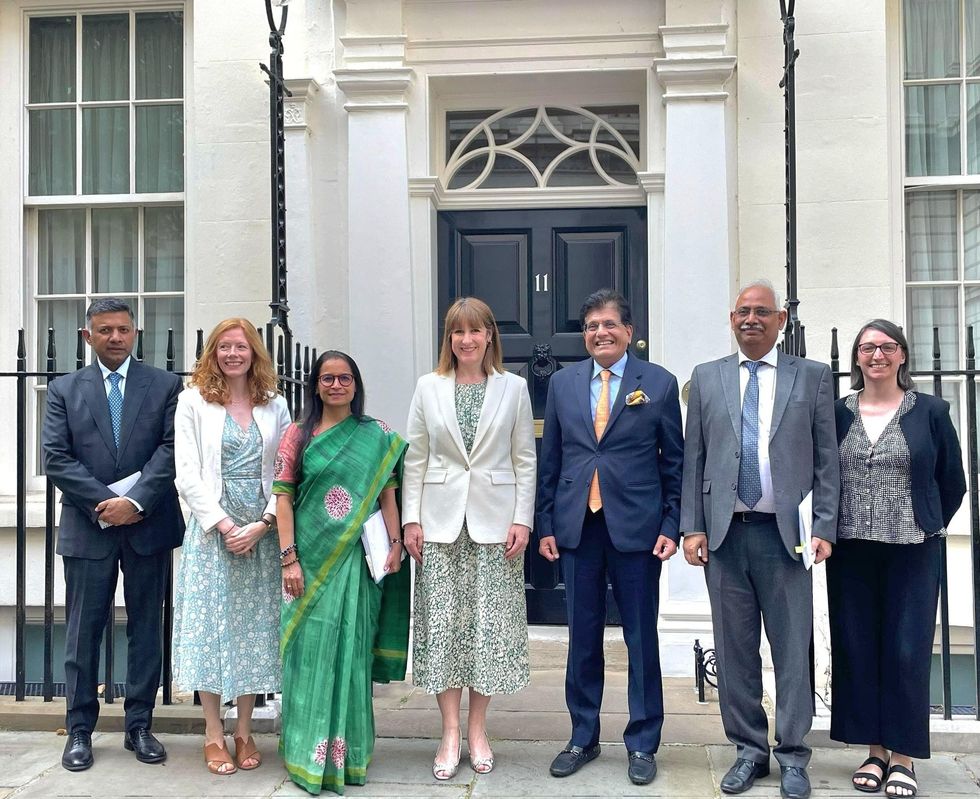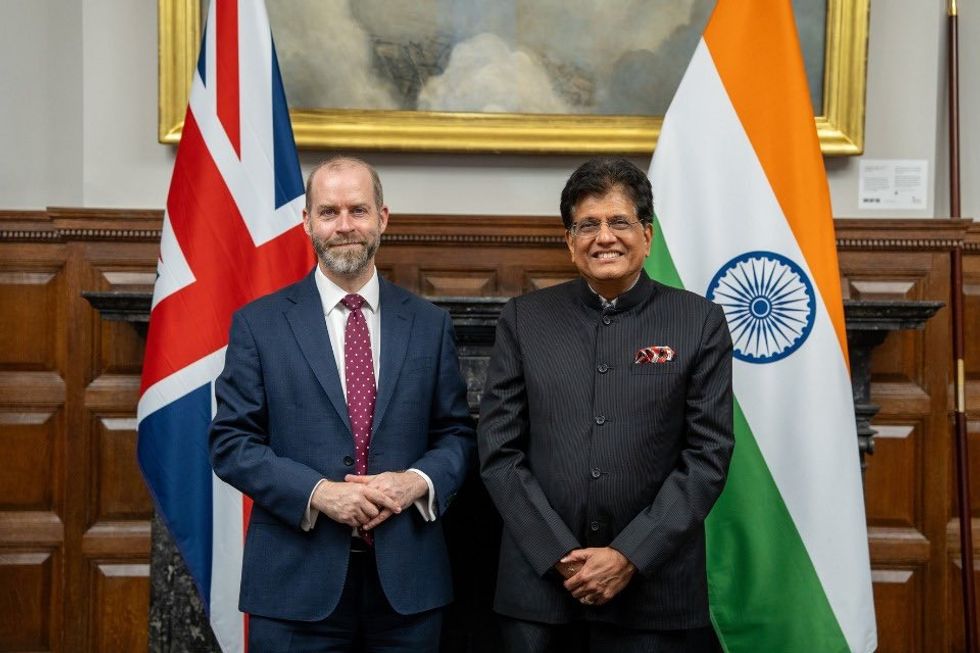CHANCELLOR Rishi Sunak on Thursday (17) opened the UK’s first infrastructure bank in Leeds that will channelise money into big projects and help tackle climate change.
In his March budget speech, Sunak said the UK Infrastructure Bank (UKIB) would support regional economic growth and help get rid of the north-south divide.
The bank will invest billions of pounds in infrastructure projects in sectors such as clean energy and transport.
Sunak said UKIB would "accelerate our ambitions for tackling climate change while creating new opportunities across the UK".
Leeds' position as an established financial hub would benefit the bank, the government has said.
The bank will have an initial capital of £12 billion and government guarantees worth £10bn. It hopes to unlock more than £40bn of private investment.
UKIB will work in partnership with local government and the private sector, and will harness investment according to the needs of specific infrastructure projects.
The bank will offer a range of financing tools including debt, equity, and guarantees.
Chris Grigg, chair of UKIB said he looked forward to "building strong partnerships with project sponsors, institutions and local leaders".
UKIB aims to increase its lending over time and will allow local authorities to borrow money later in the summer, the government added.
Sir Roger Marsh, chair of Leeds City Region Enterprise Partnership, said putting the institution in Leeds would be "a real catalyst for change and a major driver of our post-pandemic recovery".


















 Piyush Goyal with shadow chancellor Rachel Reeves (centre), Vikram Doraiswami and other officials at the India Global Forum
Piyush Goyal with shadow chancellor Rachel Reeves (centre), Vikram Doraiswami and other officials at the India Global Forum And , Goyal with Jonathan Reynolds
And , Goyal with Jonathan Reynolds